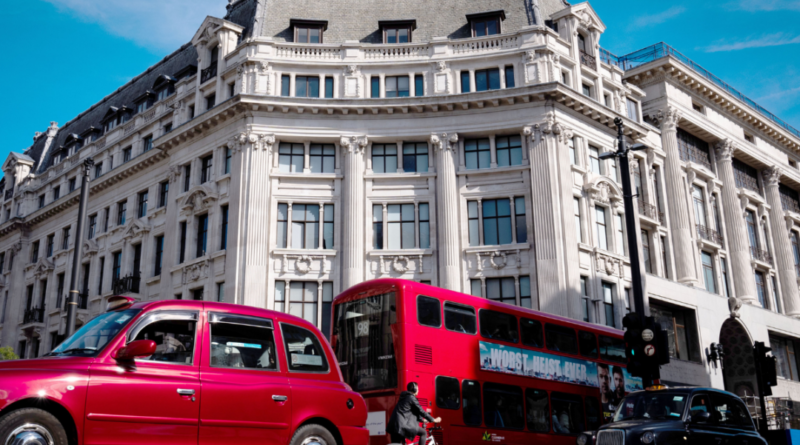Analysis Suggests London Boasts Europe’s Most Congested Roads
Analysists noted London has the most congested roads in Europe and the fifth-busiest in the world due to the concentration of population, employment, and economic activity.
London has topped the European ranking for most congested city and also ranked fifth globally, according to analysis from transport analytics company Inrix.
For the second consecutive year, London retained the top spot, surpassing cities like Paris, Dublin, Rome, and Brussels.
In 2024, the total cost of traffic delays in London was estimated to be £3.85 billion, equating to an average of £942 per driver.
Experts observed that London holds the top corridors for traffic delays in the UK, owing to its high population density, employment opportunities, and economic activity.
The busiest road in London was identified as the A40 Westbound from the A320 to the A406, where drivers using this route during the 5 p.m. peak time could expect to lose 17 minutes a day or a total of 68 hours in 2024.
London 5th in World
London not only ranked as the most congested city in Europe but also secured a high position in the global chart. Inrix reported that Istanbul topped as the most congested urban area globally, followed by New York City, Chicago, Mexico City, and London.
The rankings are based on the severity of congestion in terms of hours lost, adjusted for city size. Inrix’s analysis encompassed transportation data and trends from 946 urban areas worldwide.
Last year, global traffic congestion saw an uptick as workers resumed in-office work in Western Europe and the United States post the COVID-19 pandemic era, which had witnessed a rise in telecommuting and hybrid work models.
As per the report, the UK has experienced a surge in hybrid work over remote work, although the gap between the two modes of work is beginning to narrow down.
The report mentioned that if the return to the in-office five-day work week occurs in 2025, an increase in traffic congestion, particularly on commute routes, could be expected, alongside a rise in public transport usage.
Britons Lose 62 Hours a Year
Analysis indicated that out of 111 British urban areas reviewed, 66 observed an increase in congestion, while 35 saw a decline in traffic delays.
The average driver in the UK lost £581 annually to traffic congestion, amounting to a total of 62 hours lost in 2024, which was higher compared to the United States or Germany where the average driver lost 43 hours.
Collectively, congestion cost the UK £7.8 billion, marking a £200 million increase compared to 2023.
Bob Pishue, transportation analyst and report author, stated, “Roadworks in key corridors such as M25 Wisely Interchange contributed significantly to traffic congestion on a major artery into the capital. Interestingly, it was cities beyond London that saw the most significant congestion growth, with Manchester experiencing a notable 13% increase.”
Bristol and Leeds secured the second and third spots, respectively, with Bristol witnessing 65 hours lost (a 5% increase) and Leeds drivers losing 60 hours in 2024 (a 2% increase).
Manchester ranked fourth, followed by Bath, Birmingham, Wigan, Chelmsford, Sheffield, and Edinburgh—which saw a 6 percent rise in traffic congestion and claimed the 10th spot.
Londoners Lost 101 Hours
London continues to lead in terms of hours lost, with drivers in the capital city losing 101 hours, significantly higher than the other top 10 urban areas, which lost between 53 and 68 hours last year.
A spokesperson from Transport for London, responsible for the red route roads catering to 30% of the city’s traffic, stated, “We are dedicated to ensuring that Londoners can navigate the capital safely, sustainably, and efficiently.”
“Our investment in walking, cycling, and public transport aims to facilitate the choice of sustainable travel methods, thereby reducing congestion,” the spokesperson added.



